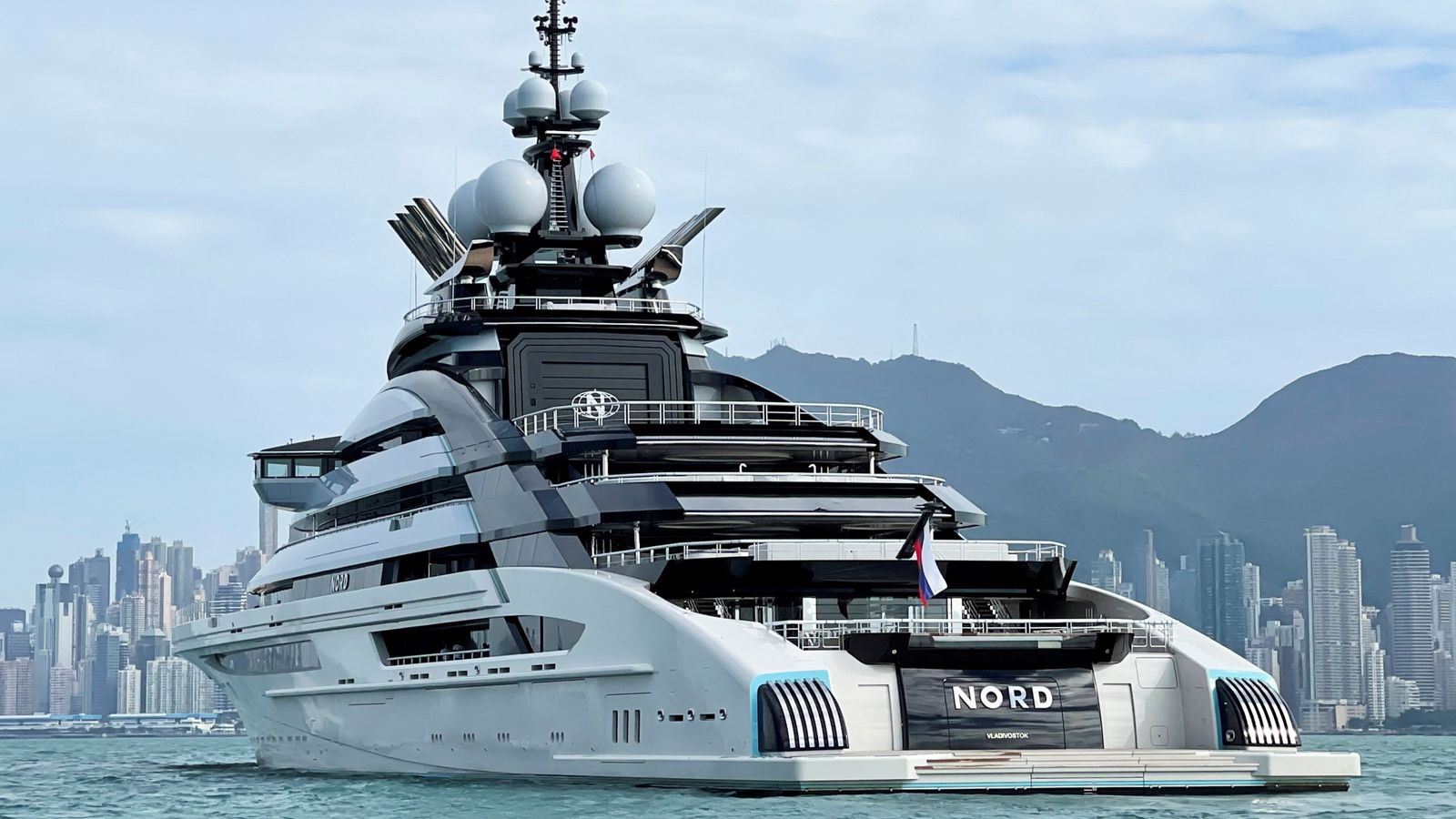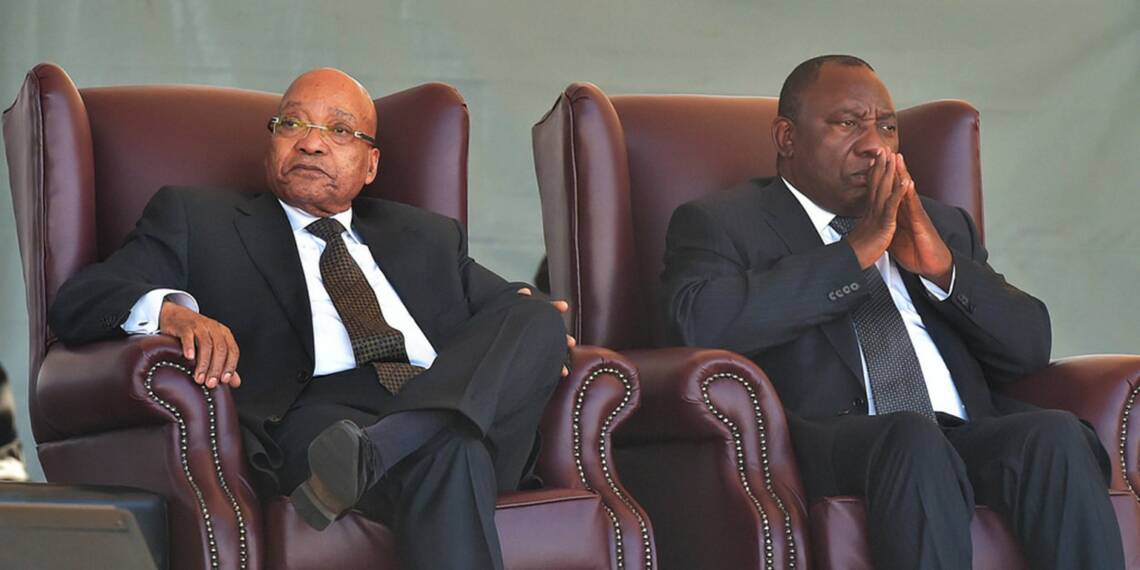South Africa has been plagued with corruption for long and its leaders have turned a blind eye to the issues of the public. The leaders seem to be in another world where they can’t see the struggle which public faces.
Former President Jacob Zuma is one of the examples. He was indicted in 2005 for receiving bribes from a French arms company and in 2016 he was convicted for the embezzlement of $15 million in taxpayer funds. Eventually, his fate was decided by the Supreme Court which decided to sentence him to jail for 15 months for not answering questions of an anti-corruption committee which was probing him.
Zuma’s downfall and Ramaphosa’s rise
As Zuma resigned in 2018 amidst public pressure, the new presidential candidate Cyril Ramaphosa, who is the current leader of South Africa, led a campaign in which he promised that he will end corruption.
After coming to power, Ramaphosa’s Government took decisions which challenged the dominance of the US and Europe. During the vote on the Ukraine-Russia resolution in the UN, South Africa abstained. While on a visit to the White House, Ramaphosa condemned a bill introduced by Biden called “Russian Malicious Activities Act” for punishing African nations which have good ties with Moscow.
Similarly, South Africa allowed a Russian oligarch named Alexey Mordashov to dock his yacht in its harbour. Mordashov was under sanctions from the US and EU but South Africa stated that it was not under any obligation to deny him service. South Africa also planned a naval exercise with Russia and China which further perturbed the West.

In response to these actions, Biden decided to retaliate the Ramaphosa’s actions. Therefore, he issued a false terror alert and threatened to put South Africa on their puppet institution of Financial Action Task Force (FATF).
Read more: South Africa’s geopolitical genius has made Biden very very (very) desperate
Ramaphosa failed on the corruption front
When it comes to administration, there is a massive corruption and mismanagement under Ramaphosa. He came to power portraying himself as a clean man, however, it is far from the truth. Ramaphosa’s farmgate corruption scandal, in which a robbery at his farmhouse led to the discovery of foreign currency hidden in furniture, has destroyed his reputation.
Similarly, recently he decided to change the rules of the Ministerial Handbook to provide his fellow ministers who draw a salary of R2.4 million annually, with free water and electricity. South Africa is a nation which is witnessing frequent power cuts and inflation, therefore this decision agitated everyone.
Another move of Ramaphosa’s government outraged the people as it awarded road construction contracts to three Chinese companies, two of which are state-owned, which infuriated domestic bidders.
The trouble in the nation’s politics escalated as on Thursday thousands of public service employees went on a strike against the government over wage demands. The uproar followed a decision by the Labour Minister who stated that their salary will not be increased by more than 3.3%, whereas demonstrators demanded a raise of 6.5%.
Read more: Will Zuma unseat Ramaphosa?
Ramaphosa’s regime, which is under huge pressure, suffered another blow when the independent parliamentary committee which was investigating the President’s corruption scandals, tabled its report in the parliament. It has been decided that the report will be examined on 6th December.
Now, this can decide the fate of Ramaphosa’s political career because ten days after the assessment of the report, the ruling party African National Congress (ANC) is going to hold an annual conference. In the meeting, it is going to be decided whether to endorse Ramaphosa’s bid for a second term. If the report finds him guilty, the party may decide to not endorse him for another term in the upcoming elections.
Coming back to Jacob Zuma. Zuma came out of jail last year and announced that he may bid for next Presidential elections. Zuma, who is also a prominent leader in the ANC, considers Ramaphosa as his main rival inside the party. He has time and again levelled corruption allegations against Ramaphosa.
As the infighting is increasing in the ANC party it is possible that there is a rise of opposition to the power. It is possible as the people of the country can see that ANC is infested with money grabbing politicians and it may kick the ANC party out of power altogether. The opposition party named “The Democratic Aliiance”, which is a centrist party, is the official opposition to the ruling party may successfully in encash the anger among the citizens of South Africa. As it is widely known that, “When two fight a third one wins.”
https://www.youtube.com/watch?v=3JuVZi0JNxI








